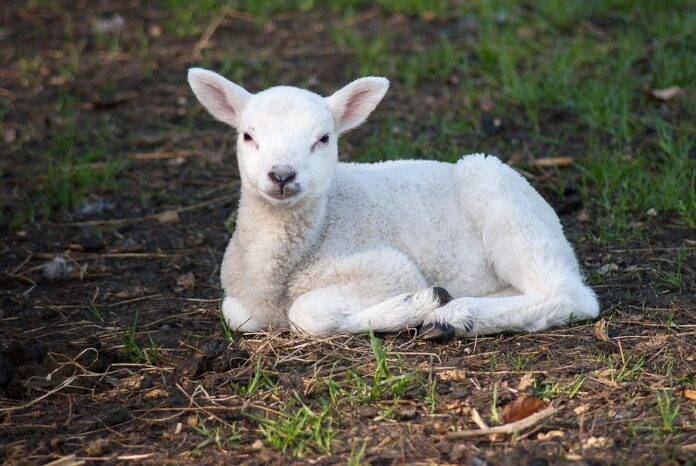Trends in Lamb Breeding Genetics and Sustainable Flock Management
Lamb breeding genetics and sustainable flock management are crucial aspects of the sheep industry that have seen significant advancements in recent years. With the increasing demand for high-quality lamb meat and the growing emphasis on sustainability, breeders and farmers are constantly looking for ways to improve their flocks through genetics and management practices. This report will explore the latest trends in lamb breeding genetics and sustainable flock management, highlighting key developments, industry insights, and financial data.
Advancements in Lamb Breeding Genetics
Genomic Selection
One of the most significant trends in lamb breeding genetics is the adoption of genomic selection. This technology allows breeders to identify superior genetic traits in lambs at an early age, enabling them to make more informed breeding decisions. By analyzing the DNA of individual animals, breeders can predict their performance for various traits such as growth rate, carcass quality, and disease resistance. This has led to the development of more productive and resilient lamb breeds that meet the demands of the modern market.
Marker-Assisted Selection
Marker-assisted selection is another important tool in lamb breeding genetics that has gained popularity in recent years. This technique involves identifying specific genetic markers associated with desirable traits and using them to select breeding animals. By targeting genes that control traits like wool quality, meat yield, and feed efficiency, breeders can accelerate the genetic improvement of their flocks. Marker-assisted selection has proven to be effective in enhancing the overall performance and profitability of lamb production systems.
Sustainable Flock Management Practices
Grass-Fed Systems
Sustainable flock management practices play a vital role in ensuring the long-term viability of sheep farming operations. One of the key trends in sustainable flock management is the adoption of grass-fed systems. By allowing sheep to graze on natural pastures, farmers can reduce the environmental impact of their operations and produce high-quality lamb meat with a lower carbon footprint. Grass-fed systems also promote animal welfare and support biodiversity conservation, making them a sustainable choice for both farmers and consumers.
Rotational Grazing
Rotational grazing is another sustainable flock management practice that has gained popularity in recent years. This system involves dividing pastures into smaller paddocks and rotating sheep between them to optimize grazing efficiency and pasture health. By allowing pasture to rest and regenerate between grazing periods, farmers can improve soil fertility, reduce erosion, and enhance forage quality. Rotational grazing also helps to control parasites and diseases, leading to healthier and more productive sheep flocks.
Industry Insights and Financial Data
The sheep industry is a significant contributor to the agricultural sector, with a global market value of over $10 billion. Australia, New Zealand, and the United States are the leading producers of lamb meat, accounting for a large share of the international market. The demand for lamb meat is driven by its nutritional value, taste, and versatility in culinary applications.
In terms of genetics, companies like Sheep Genetics Australia and Genus plc are at the forefront of developing innovative breeding technologies for sheep improvement. These companies offer a wide range of genetic services, including DNA testing, breeding values estimation, and sire selection tools. By partnering with breeders and farmers, they are helping to enhance the genetic potential of sheep flocks and improve overall productivity.
On the sustainable flock management front, organizations like Sustainable Agriculture Research and Education (SARE) are actively promoting environmentally friendly practices in sheep farming. SARE provides resources, funding, and technical assistance to help farmers adopt sustainable production methods, including grass-fed systems and rotational grazing. By supporting sustainable flock management practices, SARE is contributing to the resilience and profitability of sheep farming operations.
In conclusion, the trends in lamb breeding genetics and sustainable flock management are shaping the future of the sheep industry. With advancements in genomic selection and marker-assisted selection, breeders are able to produce more productive and resilient lamb breeds. Sustainable flock management practices like grass-fed systems and rotational grazing are helping to reduce the environmental impact of sheep farming and improve overall sustainability. By embracing these trends and technologies, breeders and farmers can enhance the genetic potential of their flocks and ensure the long-term success of their operations.




